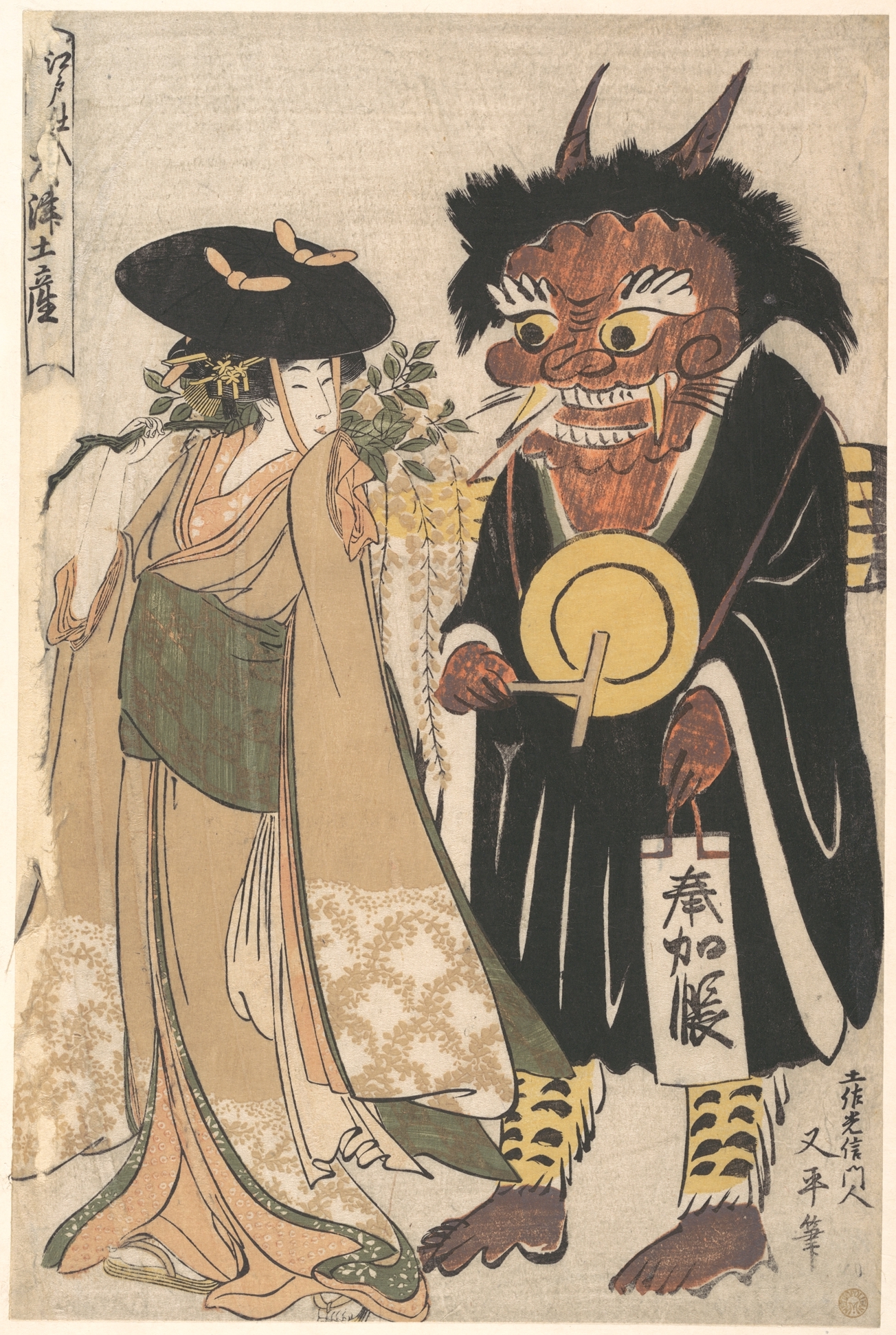Week 2 - Spirit Healers - Calvin Huang
Shamanism is not a subject that I am familiar
with. To be honest, I have no idea what
a shaman does besides the stereotypical portrayals of shamans in the films. A quick Google search defines a shaman to be
one who can connect to other worlds of good or evil spirits. From reading the article about Korean
shamans, I found out that “many anthropologists have regarded “shamanism” and
similar practices, implicitly or explicitly, as a sort of traditional medicine
under the name of “medical systems” or “ethno medicine””. (16). This
viewpoint describes what I used to view shamanism as before reading the article
on Korean shamanism. In fact in Korea, “shamanism
is excluded from medicine, including traditional medicine, in Korean society.”
(19). Korean shamans do not deal with herbal remedies or herbal drugs. They treat it as sort of a secret or
mysterious practice as shown in using “Buddhism [as] a typical mode of disguise
for Korean shamans and their clients where shamanism is heavily stigmatized.”(24).
Which brings us to the topic of whether shamanism generally accepted to be good
or bad. Personally, I believe it to be a
force of nature, that is, shamanism is inherently neither good nor bad. It’s a tool used to communicate with the
spirit realm, so that has nothing to do with it being good or bad. The negative stigma probably stems from the
skepticism of the practice. Overall,
shamanism seems very important to the spirit realm because the practice allows
for the communication between the two worlds.
My question is: Is shamanism the only way to communicate with the spirit realm?
My question is: Is shamanism the only way to communicate with the spirit realm?
Citations
Kim, Chongho. Korean Shamanism:
The Cultural Paradox. N.p.: Applegate, 2003. Print.
https://data.ukiyo-e.org/met/images/DP135594.jpg



Comments
Post a Comment